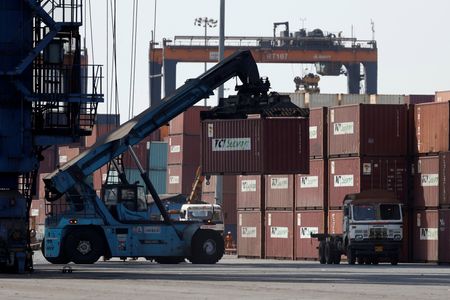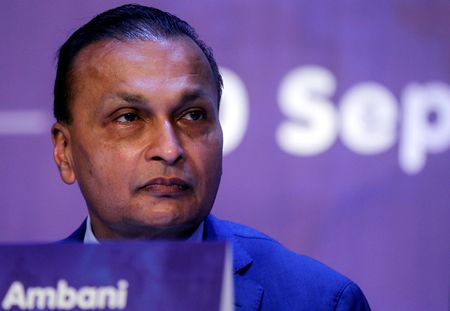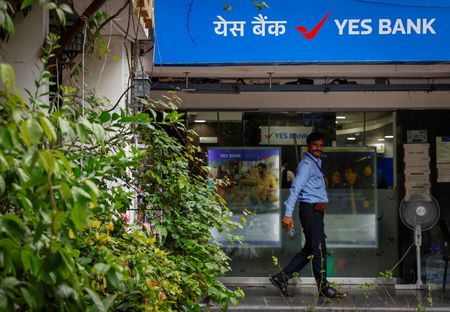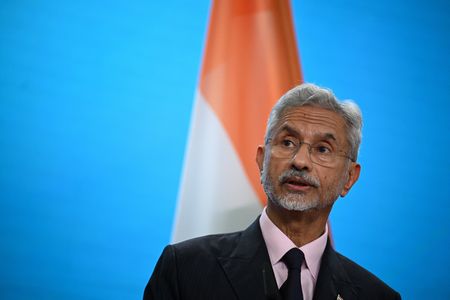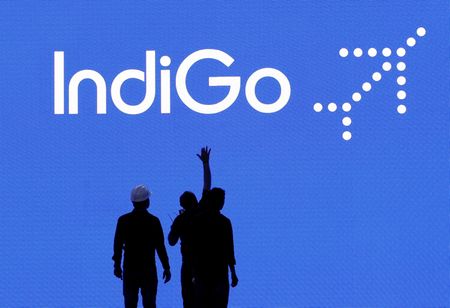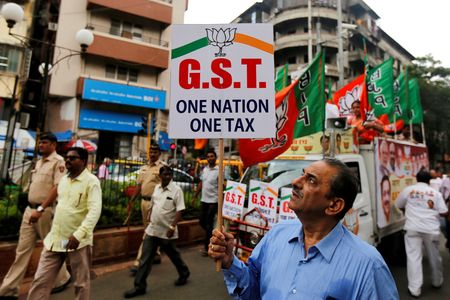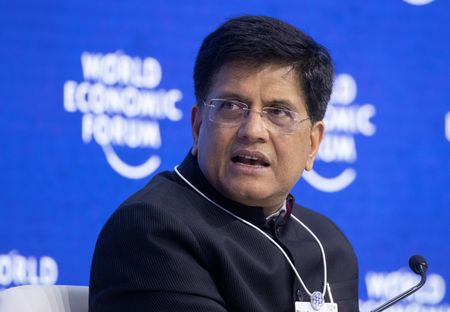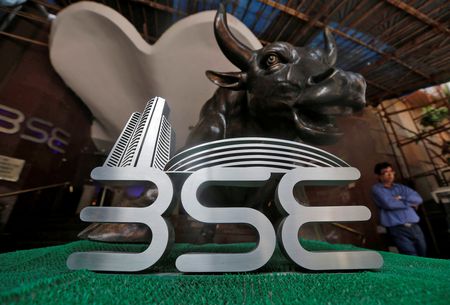By Andrea Shalal, David Lawder and Doina Chiacu
WASHINGTON (Reuters) -U.S. Treasury Secretary Scott Bessent on Monday said many top trading partners of the United States had made ‘very good’ proposals to avert U.S. tariffs, and one of the first deals to be signed would likely be with India.
Speaking to reporters after two early morning television interviews, Bessent said the first such trade agreement might come this week or next, but gave no further details.
Bessent told Fox News’ “FOX and Friends” that President Donald Trump will be “intimately involved” in each of the bespoke trade deals with each of 15 to 18 important trading partners, but it will be important to reach agreements in principle soon.
“I would guess that India would be one of the first trade deals we would sign,” Bessent told CNBC, adding that the U.S. had also held very substantial negotiations with Japan and discussions with other Asian trading partners were going well.
Trump has upended the global trading system with a spate of tariffs since taking office. These include a blanket 10% tariff on most countries except Canada and Mexico, and new tariffs totalling 145% on goods from China, which has responded with its own counter-measures. Higher U.S. tariffs on dozens of countries are due to take effect on July 8 unless deals are reached before a 90-day pause ends.
A Treasury spokesperson declined to provide any further details on the ongoing negotiations.
Bessent, who held dozens of talks with visiting officials during last week’s meeting of the International Monetary Fund and World Bank, will likely face more questions on the trade talks when he joins a regular White House briefing on Tuesday to tout Trump’s record over the first 100 days of his second term.
“Vice President Vance was in India last week, talked about substantial progress. I have mentioned that the negotiations with the Republic of Korea have gone very well, and I think we’ve had some very substantial negotiations with our Japanese allies,” he told CNBC.
Talks have been ongoing, but no deals have been announced, underscoring the complexities of reaching agreements during the short 90-day period.
India is also working a bilateral trade deal with Britain, with their top trade officials starting two days of talks aimed at concluding more than three years of negotiations.
A government official in South Korea on Monday ruled out that Seoul would agree to a comprehensive trade agreement with Washington before a presidential election on June 3, and raised questions whether a deal could be reached before early July.
Elections in Japan in July could also complicate those talks, although some analysts expect Japanese Prime Minister Shigeru Ishiba and Trump to announce an agreement when they meet at the G7 summit in Canada in June.
Bessent told CNBC that China’s recent moves to exempt certain U.S. goods from its retaliatory tariffs showed that it wanted to de-escalate trade tensions with the United States, and noted that the U.S. had refrained from escalating by embargoing those goods.
Asked whether he planned to call his Chinese counterpart to jump-start negotiations between the world’s two largest economies, Bessent told Fox News: “We’ll see what happens with China. It’s important. I think it’s unsustainable from the Chinese side. So maybe they’ll call me one day.”
He earlier told CNBC that “all aspects of government are in contact with China,” and underscored that it was up to China to reduce tensions since they sold five times more goods to the U.S. than vice versa.
(Reporting by Andrea Shalal, David Lawder and Doina Chiacu; Editing by Chizu Nomiyama)

